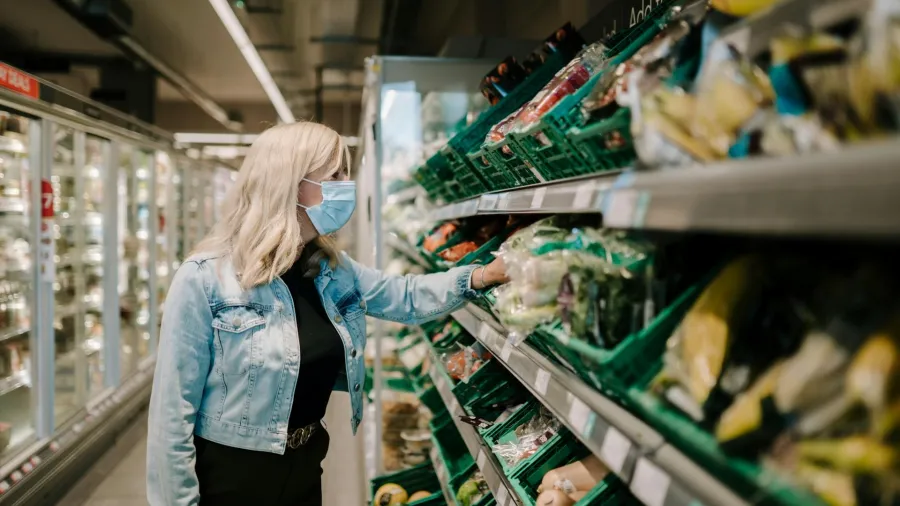
Australia's supermarket prices up due to higher business costs, says ARA
ARA said the ACCC had found “no evidence of price gouging”.
Rising operational costs, not profiteering, are driving higher grocery prices in Australia, according to the Australian Retailers Association (ARA).
ARA said the ACCC’s Supermarket Inquiry Report had found "no evidence of price gouging" despite ongoing cost-of-living pressures for businesses and consumers.
ARA Chief Industry Affairs Officer Fleur Brown said supermarkets operate in a highly competitive market, with new entrants gaining share and consumer cross-shopping at record levels.
“We welcome recommendations that improve transparency for suppliers and customers but caution against measures that increase red tape, stifle productivity or further drive-up costs," she said.
“Our supermarkets operate one of the longest supply chains in the world, with low population density so these businesses must be profitable and operate efficiently to operate and serve millions of Australians across the nation," Brown added.
She noted that this is the eighth taxpayer-funded supermarket report in recent years, with retailers fully cooperating.
“Our members are committed to policies that drive down business costs, ensuring that savings can be passed on to consumers," she said. "Supermarkets have proactively implemented many measures to benefit consumers and suppliers including enhancing pricing transparency, increasing promotional offers, expanding affordable product ranges, and streamlining supplier engagement."
Despite supply chain challenges, food inflation in Australia has remained relatively stable, with grocery inflation lower than in many OECD countries, according to the report.
Brown also pointed out that the sector plays a crucial role in the economy, contributing to taxes, superannuation portfolios, and local suppliers, whilst also being one of Australia’s largest private employers.
“It is important that regulatory changes do not inadvertently increase supplier costs or introduce inefficiencies that could place upward pressure on prices,” she said.
Businesses across Australia continue to face rising operational costs, including interest rate pressures and supply chain delays, Brown noted, adding that retailers are responding by improving pricing transparency, expanding product affordability, and optimizing supplier engagement.
“The Australian grocery sector remains highly competitive, with a growing number of physical and online shopping alternatives," she said.

















 Advertise
Advertise






